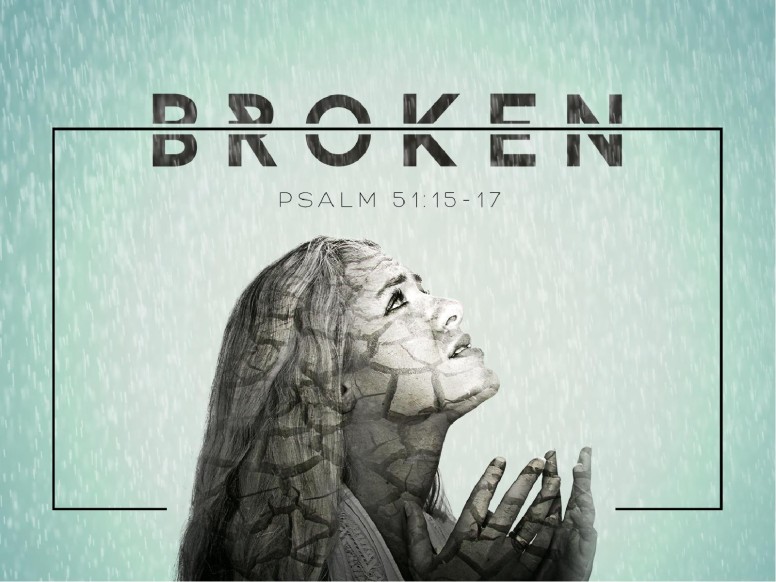Our Father gives us a beautiful prophecy in Ezekiel 37:27, speaking about His people Israel:
"My tabernacle also shall be with them; indeed I shall be their God, and they shall be My people."
Ezekiel goes on to prophesy that God's Tabernacle in the midst of His people will be a testimony to all of the nations.
The LORD may be talking about a physical building, but I think He means so much more. The language used is so much more powerful than any physical building. The language is about a deeply spiritual relationship. The word "tabernacle" in Hebrew means a dwelling place. The root meaning of the word is "to lie down, to take rest, to lie down intimately". It is the place where the Pillar of Fire, and the Pillar of Smoke came down to touch the earth. It is a place of coverings and curtains. It is like the Father is taking His people into the inner most chamber, and closing the curtains around it, so He and His people may rest together in intimacy.
The term "people" in the above verse from Ezekiel means kinsmen, but its root meaning is "to dim, to darken, to eclipse". It means to shut, to close, to hide, to conceal, to be hidden. Again, the very word carries a meaning of closeness and intimacy. If we look at the word "tabernacle" in the Greek language, we can get an even more detailed picture:
In Rev. 21:3, our Father gives us the fulfillment of the prophecy from Ezekiel above:
"And I heard a loud voice from heaven saying, "Behold, the tabernacle of God is with men, and He will dwell with them, and they shall be His people. God Himself will be with them and be their God."
Verse 4 goes on to say, "And God will wipe away every tear from their eyes; there shall be no more death, nor sorrow, nor crying. There shall be no more pain, for the former things have passed away."
The main meaning of "Tabernacle" in the Greek deals with a covering, made of green boughs, skins, or other material. One root meaning talks about a household of vessels and utensils, domestic gear, chosen instruments, etc. The other root meaning of tabernacle is very interesting, and echoes the Hebrew root of darkness: it means shadow, shade, densest darkness, a shadow image cast by an object, and representing that object, which is an express likeness, the very image of that object. The Father talks to us about that special, secret place in His presence created by the "shadow of His wings". Mary, in Luke 1:35, is told by the Angel that "the power of the Highest shall overshadow thee", meaning to throw a shadow upon, to envelope in a shadow. People even lay the sick out on the streets in Acts 5:15, that the "shadow of Peter passing by might overshadow some of them." So the darkness associated with the concept of the tabernacle is really a very special place with God.
So the picture created by the above meanings, and roots is of a very intimate relationship, an intimate place. Our Father covers His people and casts His shadow upon His people. That shadow is the exact copy of His likeness. In this place of intimacy and rest, pain, sorrow and death cannot exist. The Father touches His people and personally wipes the tears from each eye. Though the verse from Revelation may be interpreted to mean a time in the future, the spiritual truth is in the "now", in each life given into the Father's hands.
As this is written, it is the middle of the Feast of Tabernacles. This is a joyous feast, or appointment with God. It celebrates the great harvest, or in-gathering. It lasts for seven days, but on the eighth day of the feast, Shemini Atzeret, the focus changes. The feast of many in celebration becomes a moment in time when the Bridegroom goes into the wedding chamber with His bride, and the door is closed. It becomes a time and place of darkness, shadows, and intimacy. A place for Jesus and His Bride, a place for the Father and His people, for the Father and the Son are One. In that place, we are to join that Oneness and intimacy.
Come into the chamber, and close the curtains, for the Father desires to tabernacle with His people.
Our Father is a Tabernacle.
"Psalm 23"
https://www.youtube.com/watch?v=BnKvXxGlJLI
"Cover Me"
https://www.youtube.com/watch?v=w1JrNwImnw0




